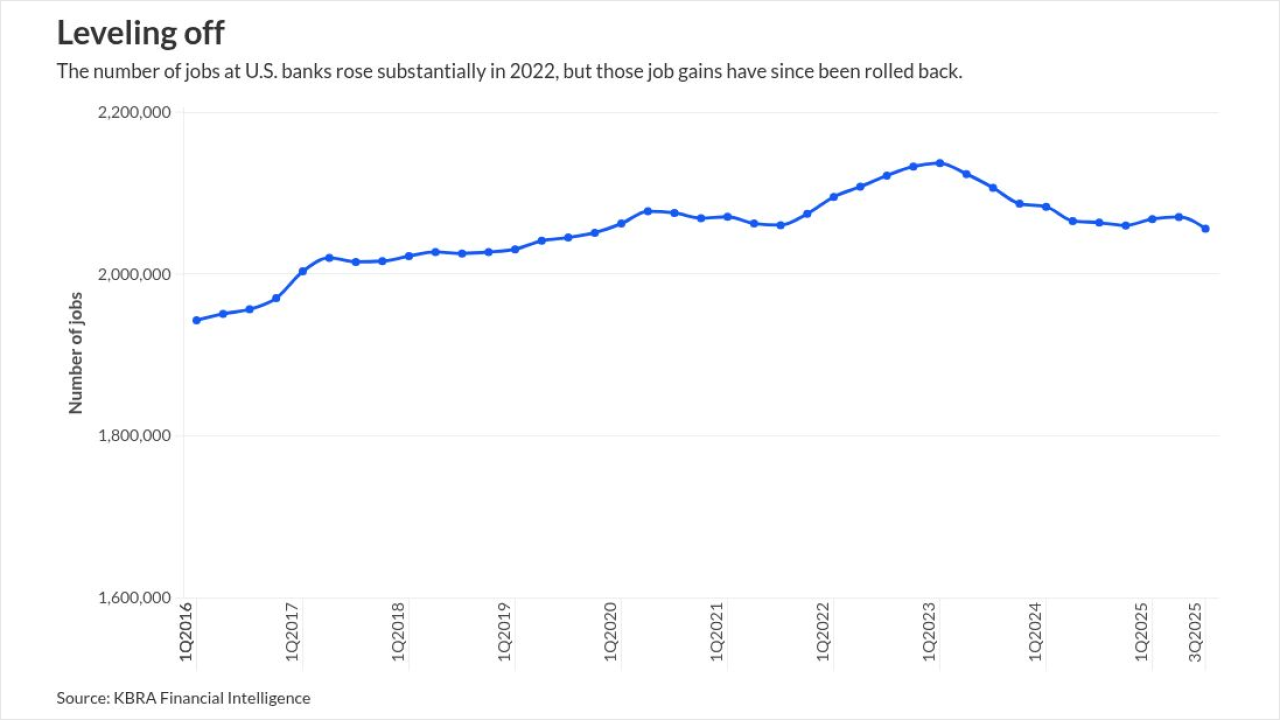-
The battle over a likely criminal plea and fine against French-based BNP Paribas is raising fresh questions not just about "too big to jail," but about the efficacy of cross-border resolution plans for systemically important institutions.
June 6 -
The Justice Department likely hopes that Credit Suisse's guilty plea to a criminal charge will squash the idea that some large institutions are too important to the economy to prosecute. But experts say the issue is more complicated than that, arguing that the debate will live on. Here's why.
May 20 -
Manhattan U.S. Attorney Preet Bharara on Tuesday defended his decision not to prosecute JPMorgan Chase for allegedly facilitating Bernie Madoff's Ponzi scheme, calling a deferred-prosecution agreement and monetary penalty an "appropriate" resolution of the bank's alleged failings.
January 7
WASHINGTON Sen. Sherrod Brown, D-Ohio, is pressing the Securities and Exchange Commission to revoke certain privileges from banks when they are involved in settlements or enforcement actions for illegal activity.
The call comes on the heels of several high-profile cases, including the Royal Bank of Scotland's settlement over manipulation of the London interbank offered rate and Credit Suisse's tax fraud plea agreement, in which the SEC granted waivers to the banks to continue being involved in certain kinds of business. RBS was allowed to keep its well-known seasoned issuer status and Credit Suisse was permitted to temporarily remain an investment advisor.
"These recent decisions imply that the SEC's policy appears to make waivers the rule rather than the exception. I hope that the SEC will reconsider and revise a process that has now been questioned by the public, lawmakers, and a sitting SEC Commissioner," Brown said in a letter to Mary Jo White, chairman of the SEC. "Removing privileges enjoyed by large firms will promote better behavior, increase accountability, and demonstrate to the financial markets that certain firms do not enjoy special treatment by virtue of their size."
Kara Stein, an SEC commissioner, dissented from the agency's decision to grant RBS a waiver in April.
"I fear that the Commission's action to waive our own automatic disqualification provisions arising from RBS's criminal misconduct may have enshrined a new policy that some firms are just too big to bar," she wrote at the time.
Brown, meanwhile, also requested information from the SEC on all of its waiver provisions, as well as its written guidelines for determining when to grant a waiver. He asked White whether she has examined the policies and procedures in place for waivers and what, if any, changes she has suggested.
Brown's push on the issue follows a dust-up in the House Financial Services Committee earlier this week over an amendment by Rep. Maxine Waters, D-Calif., that would render an institution ineligible for well-known seasoned issuer status for at least three years following a criminal conviction or regulatory action related to fraud. The amendment, which was to be added to an unrelated provision on issuer status, was ultimately voted down 27-32, along party lines.





